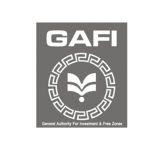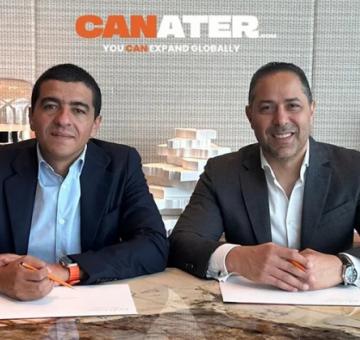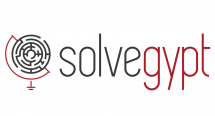Advancing a Unified Legal Framework for Egypt’s Startup Ecosystem

From Fragmentation to Focus: Toward a Unified Framework for Egypt’s Startup Ecosystem
As Egypt’s innovation economy gains momentum, the country’s regulatory environment is evolving to better serve its fast-growing entrepreneurial base. Recent policy coordination efforts and stakeholder consultations reveal a clear national direction establishing a unified, transparent, and startup-friendly legal framework that anchors long-term competitiveness and investor trust.
Laying the Foundations for Legal Cohesion
Egypt’s entrepreneurial ecosystem has expanded rapidly across technology-driven sectors, revealing the importance of agile governance. According to recent ecosystem assessments, the legal and regulatory environment scored 2.9 out of 5 in readiness according to the Entrepeneurial Sector Diagonistic Report 2025, reflecting both solid institutional progress and areas that require deeper integration.
Multiple agencies, including the General Authority for Investment (GAFI), the Financial Regulatory Authority (FRA), and the Ministry of Communications and Information Technology (MCIT), are now aligning definitions, procedures, and incentive criteria related to startups. This institutional coordination marks a significant step toward codifying a Unified Startup Law that harmonizes treatment across ministries and streamlines processes for company formation, taxation, and investment facilitation.
A Modern Legal Blueprint for Innovation
Policy discussions have increasingly focused on creating frameworks capable of accommodating startup-specific financial instruments, such as convertible notes and SAFE agreements mechanisms already used by high-growth ventures but not yet consistently recognized by all authorities.
Integrating such instruments within a unified legal framework would simplify compliance, reduce transaction costs, and make Egypt’s venture market more competitive regionally. It would also allow for clearer eligibility for incentives under existing investment and SME development laws.
Coordinating for Impact
Cross-agency collaboration has intensified over the past year. The Ministry of Planning and Economic Development, in coordination with MCIT and the Cabinet’s Economic Reform Unit, has led policy dialogues with entrepreneurs, investors, and legal experts. Stakeholder consultations reflected optimism with over 70% of participants citing improved policy communication and greater inter-ministerial responsiveness as key enablers of reform momentum.
This alignment ensures that the legal architecture of Egypt’s startup ecosystem keeps pace with its innovation cycle, enabling founders to operate within a system that prioritizes transparency, predictability, and scalability.
Why It Matters
Legal harmonization is more than an administrative exercise it is a structural reform that underpins innovation-led growth. A unified framework would boost investor confidence, enhance the ease of doing business, and enable faster company formation and capital flows.
By shifting from fragmented regulation to focused governance, Egypt is signaling to entrepreneurs and investors alike that the ecosystem’s growth is backed by institutional readiness and strategic intent.
Looking Ahead
Egypt stands on the threshold of a new regulatory era one defined by coherence and clarity. The movement toward a unified startup framework is not just an aspiration; it is the foundation for scaling innovation, fostering investment, and institutionalizing trust.
As these reforms advance, Egypt’s startups will gain what they need most: a legal environment built not for bureaucracy, but for growth.






































































EgyptInnovate site is not responsible for the content of the comments